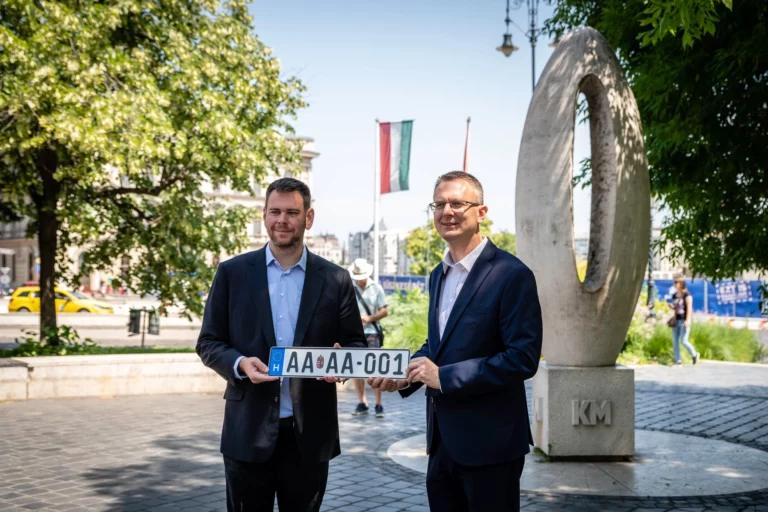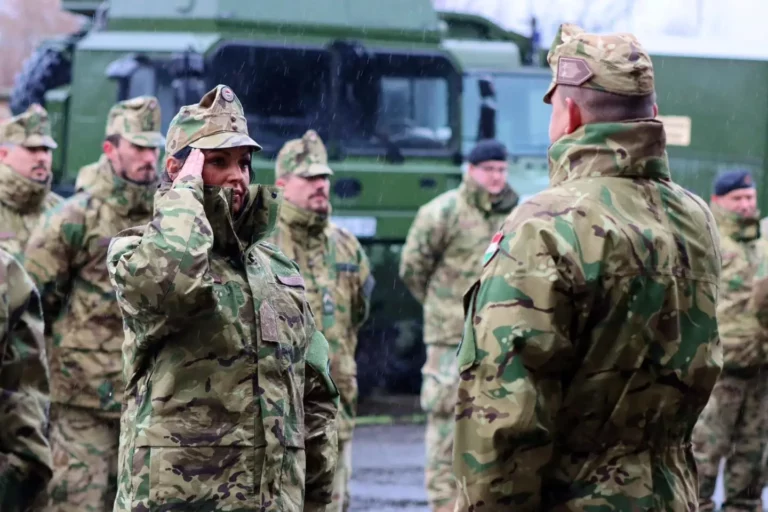Hungarian Defence Forces
Insight into the production process of the Lynx combat vehicle in Hungary – photos

Amazing: Hungarian soldiers save lives in Bosnia and Herzegovina

PHOTOS: Powerful modern Israeli defence radar erected in Hungary

Groundbreaking ceremony for defence giant Rheinmetall in Hungary – photos

Licence plate controversy reveals tense Hungary-US relations

Hungary continues to strengthen its army, air force

New Hungarian commander-in-chief briefed about Hungary’s security situation

Hungarian army to enhance its rescue capabilities

The unbelievable story of the only black Hungarian soldier of WWI

NATO to expand innovation network in Hungary

Hungarian defence minister Szalay-Bobrovniczky: Future belongs to free nations

Hungary celebrates the 25th anniversary of its accession to NATO – Photos

Hungarian Defence Minister meets Slovenian counterpart in Ljubljana
Hungary and Slovenia have had a "traditionally good" defence and military cooperation, Hungary's Defence Minister Kristóf Szalay-Bobrovniczky said after talks...
Hungarian air force pilots’ salary doubled!

Complete peace with Sweden: Hungary buys 4 new Gripen fighter jets

Strong NATO important to Hungarian government but so is mutual respect

How can Sweden join NATO? Orbán seals a massive arms and military industry deal

Hungarian government: Hungary committed NATO member





 ZH
ZH IT
IT DE
DE HR
HR NL
NL FR
FR JA
JA RO
RO RU
RU ES
ES TR
TR
